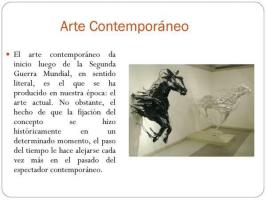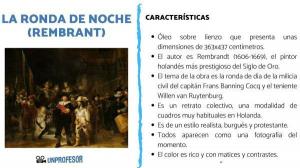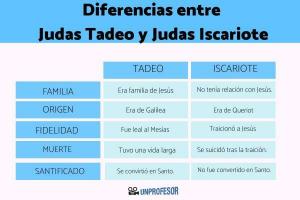The thought of DEMOCRITO of Abdera

In today's class, we are going to travel to Ancient Greece to delve into the philosophy of one of the most important sages of the classical world. Thus, the protagonist of this lesson is none other than Democritus of Abdera (460-370 BC. C.), disciple of Leucippus, one of the first mathematicians, father of materialism and defender of atheism,atomism and from hedonism. If you want to know more about the thought of Democritus of Abdera, keep reading because in this lesson from a PROFESSOR we explain them to you.
Democritus was born in Thrace, he lived during the period of greatest splendor of Ancient Greece and was one of the most gifted pupils of the Leucippus. Also, the fact that he belonged to a privileged family, he made it possible for him to travel to areas such as Persia, Babylon and Egypt, where he learned astrology, theology, philosophy or geometry.
However, despite having extensive knowledge of various disciplines and having won several philosophy competitions, his work and his philosophical work were not highly valued in Athens. Finally, according to
Diogenes Laertius, he died at approximately one hundred and nine years of depriving himself of life.Works of Democritus of Abdera
According to authors such as Diogenes, the work of our protagonist was very extensive and variedSince it is estimated that he wrote around seventy works on mathematics, philosophy, music, ethics or physics.
However, these works have not reached us and we only have their names or fragments in works by other authors such as Aristotle. Thus, the collection called The Pentathlete, made of:
- Tetralogies: eight works on ethics.
- On nature (sixteen books).
- Mathematics (twelve books).
- Literary criticism and arts (eight books).
- Techniques: eight books on medicine.

Democritus is regarded as one of the first polymites, that is to say, that the knowledge of him covered several disciplines. In this way, within the Democritus thought we highlight the following.
Atomism
Our protagonist developed atomic theory, according to, all matter is made up of atoms intertwined, indivisible, eternal, invisible and of different sizes (which makes the property of matter vary), which are constantly movement (in a whirlwind, the heaviest ones move towards the center and the lightest ones outwards) and that between them is the void (the no be).
“Leucippus and his partner Democritus argued that the elements are" the full "and the" empty ", which they called" being "and" not being ", respectively. Being is full and solid; the non-being empty and subtle. Since emptiness exists no less than the body, it follows that non-being exists no less than being. Together the two constitute the material causes of existing things ”. Aristotle, Metaphysics
In this way, for Democritus, everything in nature is made up of different compositions of atoms: the Sun would be the result of a great concatenation of atoms and the soul would be composed of small spherical atoms with great mobility and that were distributed throughout the body (concentrating on the chest and brain). Thus, thought, consciousness or sensation are the result of a combination of atoms.
Materialism and atheism
Democritus is one of the promoters of materialism and defended that matter is the origin and the beginning of everythingof him, that is, that things and reality exist because they have matter (without matter nothing exists = not being).
In this sense, he also affirms that things exist without the need to be created or perceived, he rejects intangibility (the metaphysical world and the supernatural) and the idea of the existence of a superior entity or creator god of the world (for him things are formed through clashes of atoms). Thus, Democritus will also stand out for his atheismNevertheless, he tells us that the gods exist as superior mortal beings and subject to destiny.
Ethics (hedonism) and philosophy
Within the thought of Democritus we must also talk about hedonism. And it is that for this philosopher the end of ethics is the ataraxia, obtain balance and inner tranquility of spirit and mind (euthymia). According to Democritus, to achieve it, the individual must control unnecessary passions (fame, power ...) and live avoiding everything that destabilizes him. In this way, we must live seeking happiness and avoiding pain, fear and ignorance. Being the philosophy, the tool that guides us and helps us find happiness.
On the other hand, his idea of justice / moral is very similar to the one exposed by Socrates, in which it is established that a person acts badly because he does not know what is good and that what is just is to act justly, knowing the difference between good and evil.
Politics and society
Democritus defends democracy as an ideal political system and participation in it by all men equally (excluding women and slaves).
On the other hand, for him society has gone through several evolutionary stages all the way to Greek society. Thus, the origin of society would be found in a community in a state of savagery that was evolving through trial and error.
Geometry
Our protagonist also stood out in the field of mathematics and he is credited with developing two theorems to calculate the volume of a cone:
- The volume of a cone is equal to one-third the volume of a cylinder of equal base and height.
- The volume of a pyramid is one-third the volume of a prism of equal base and height.



